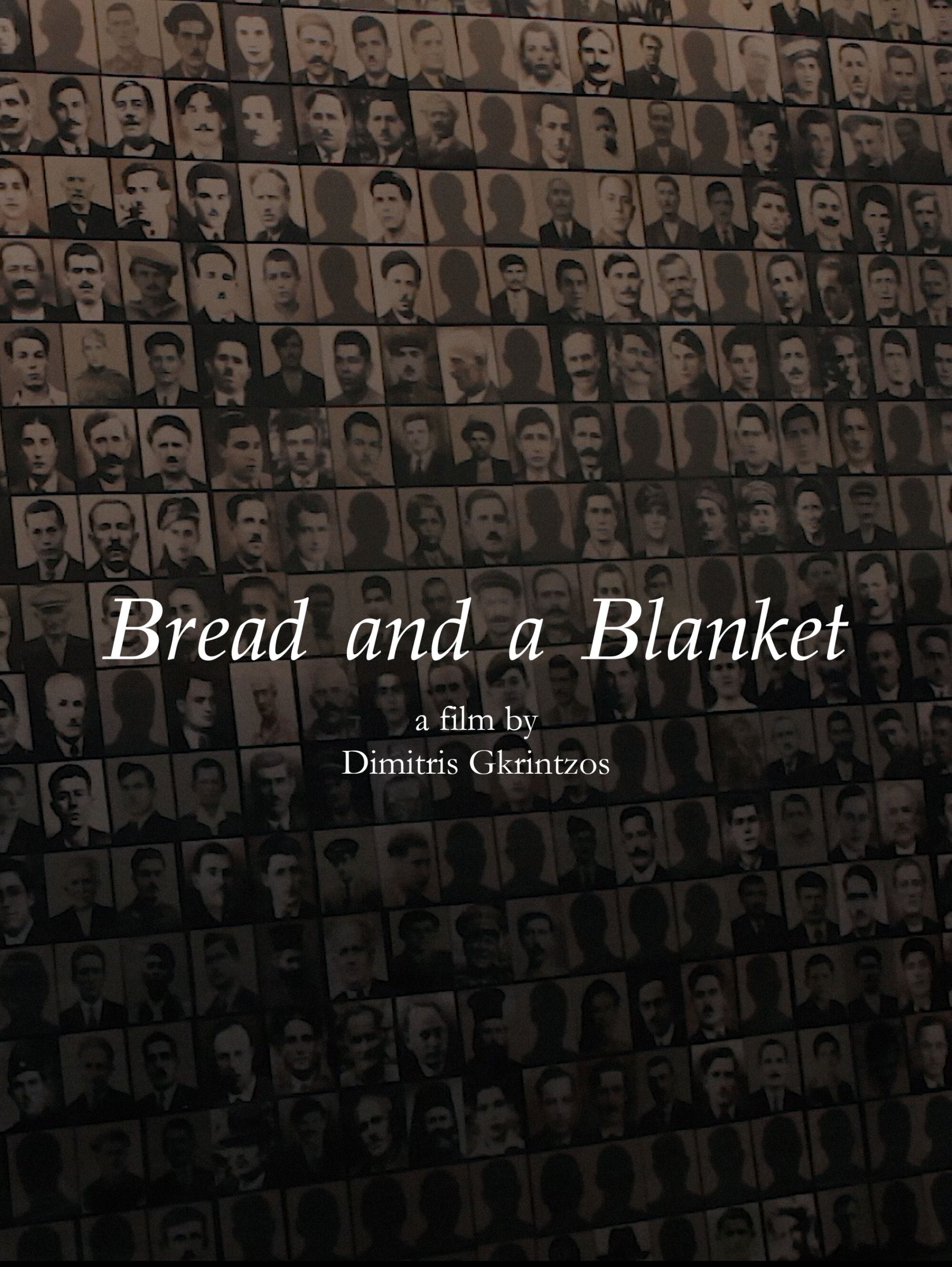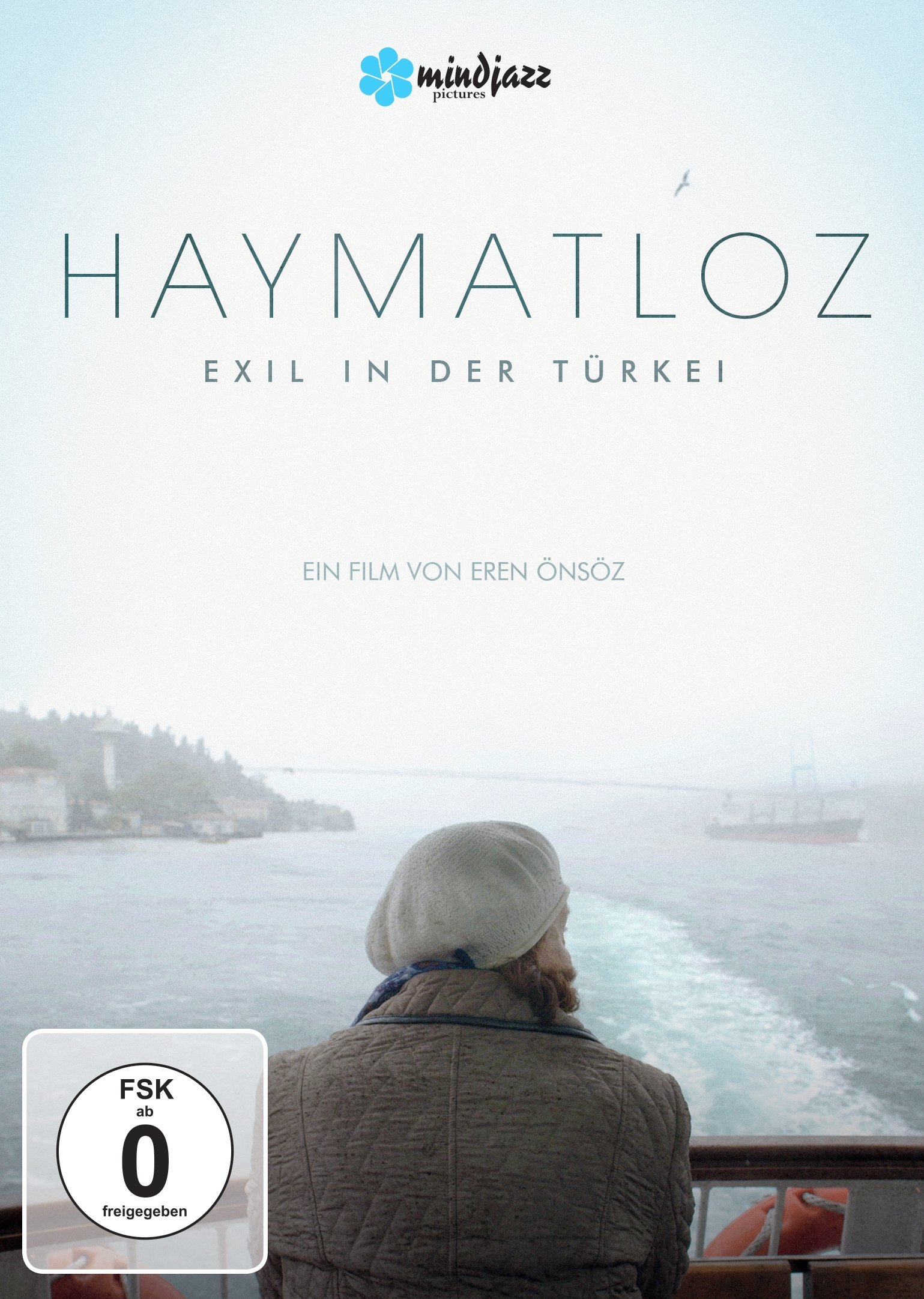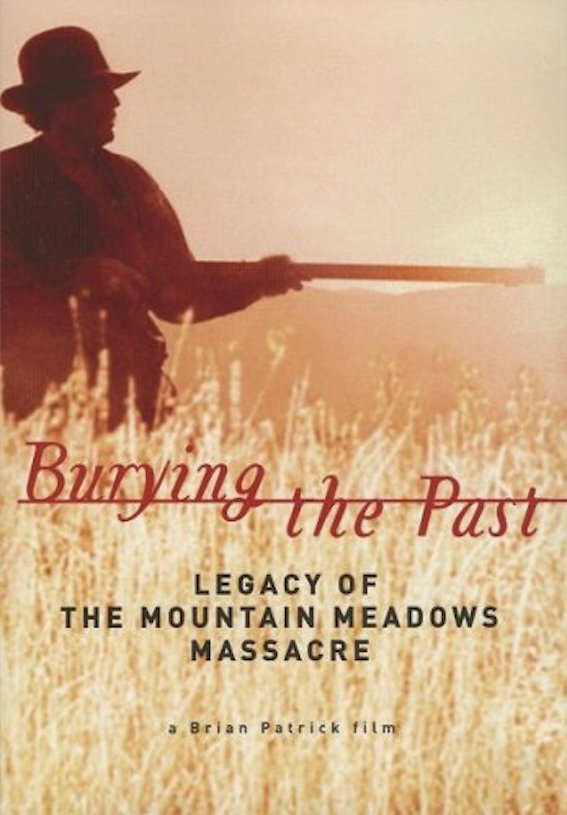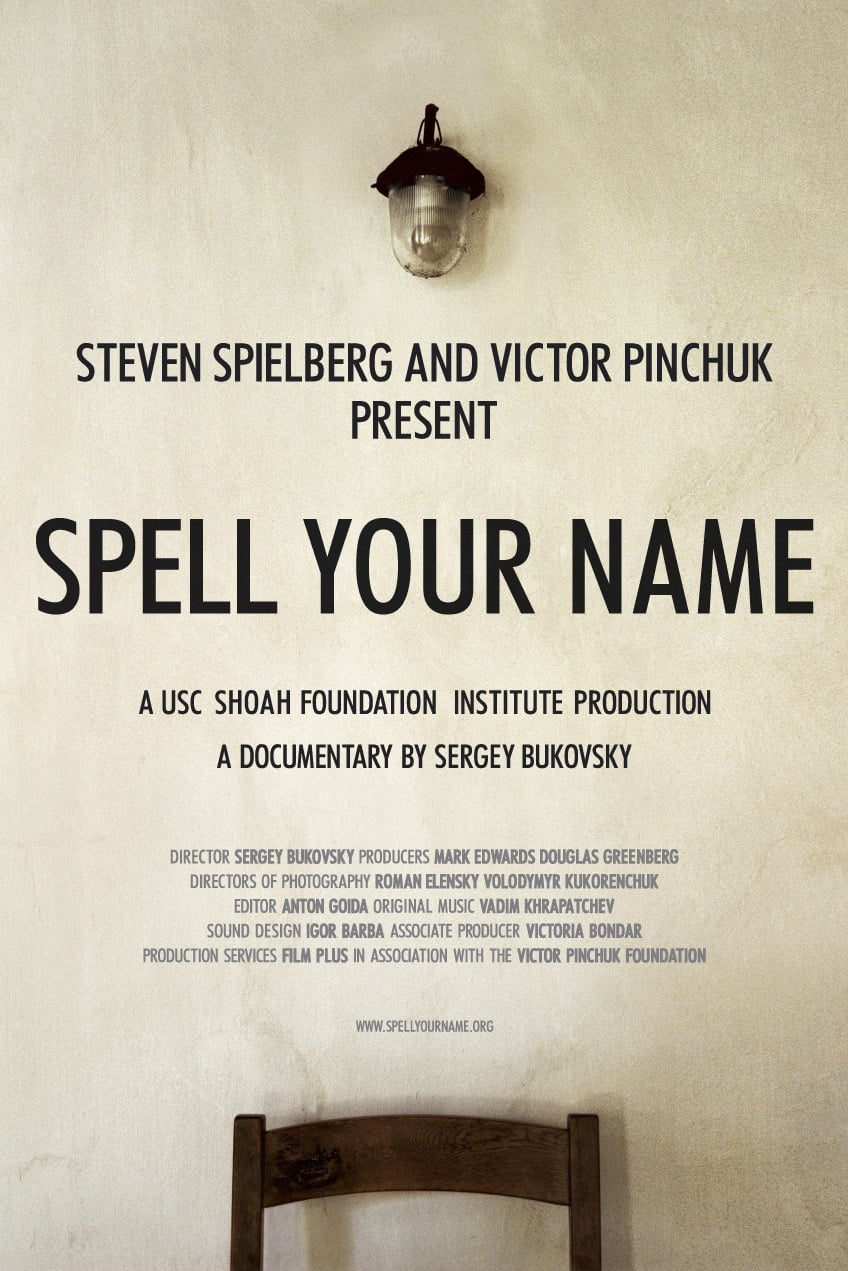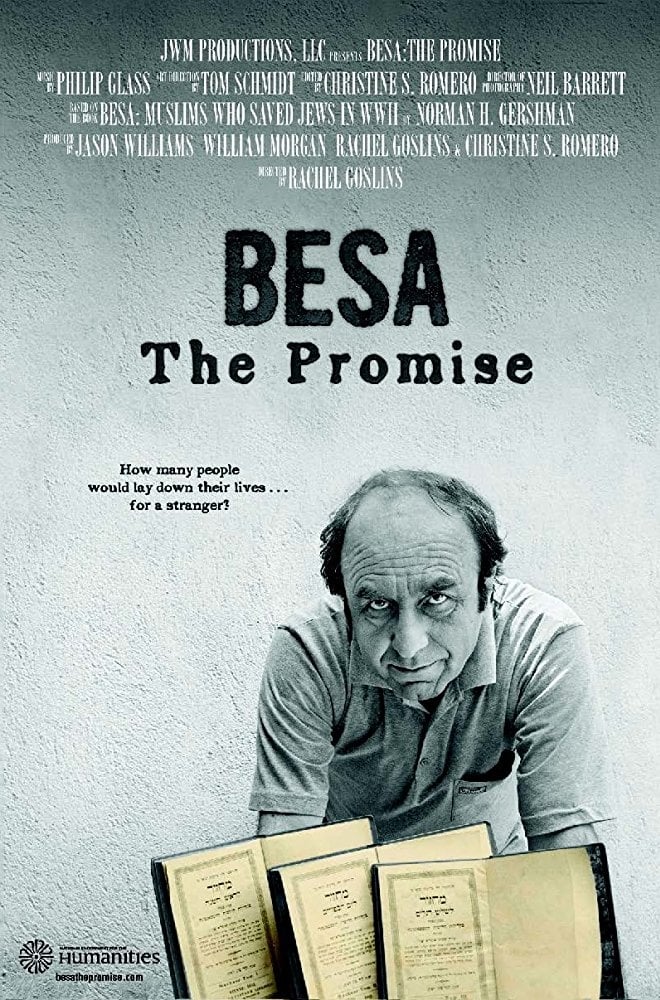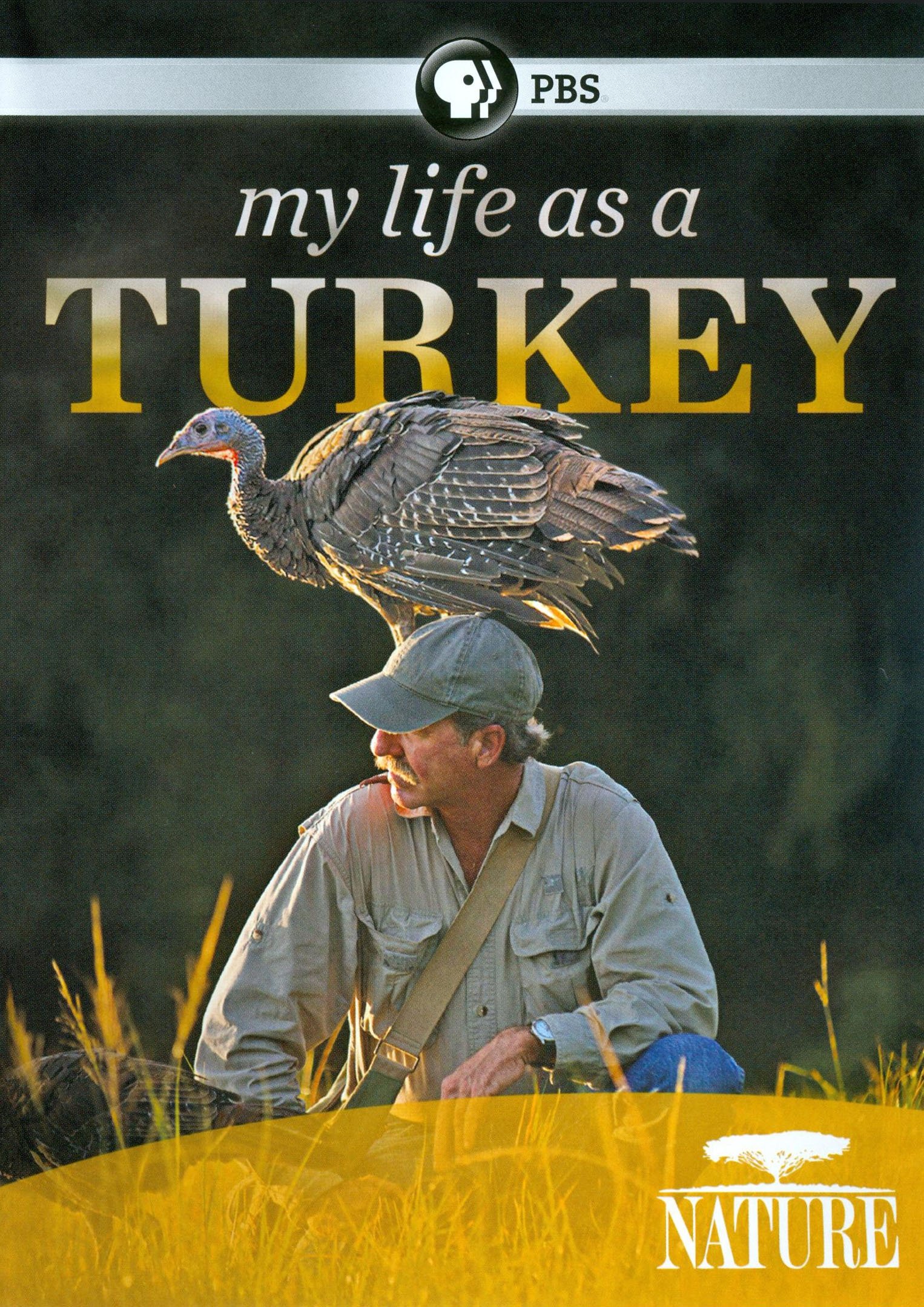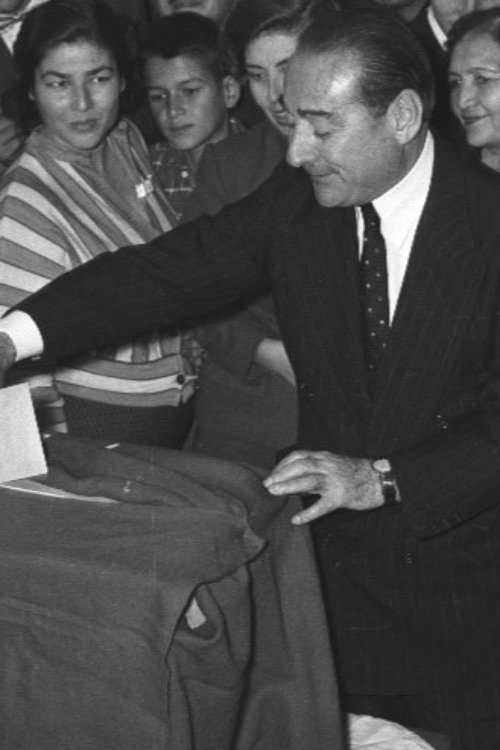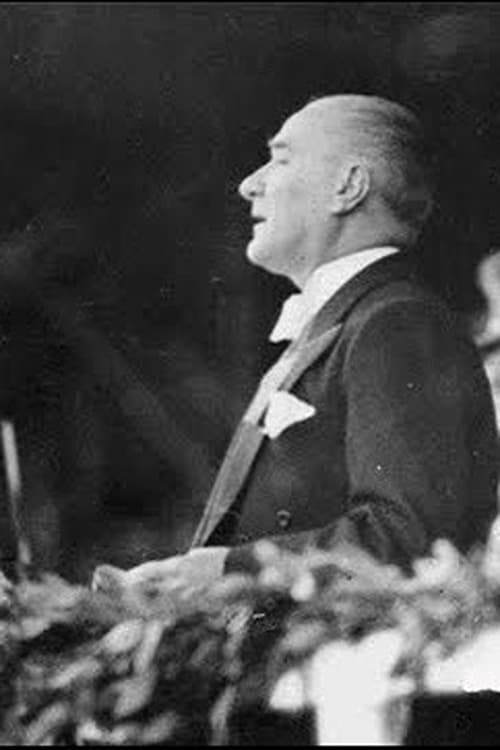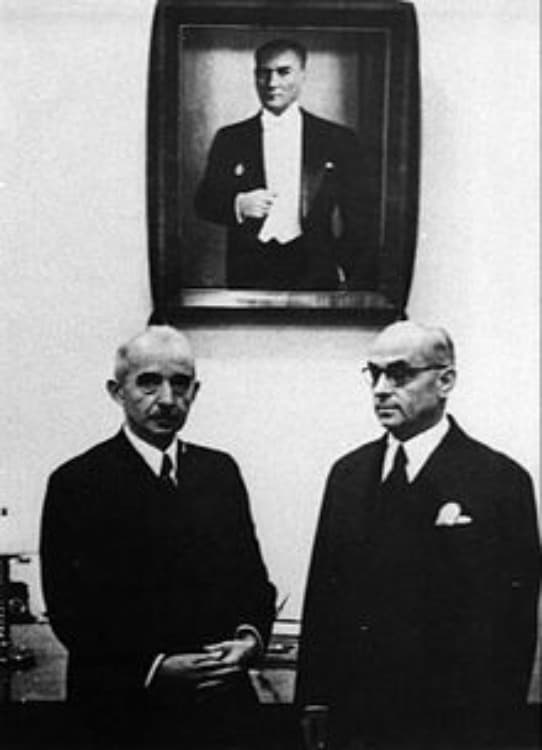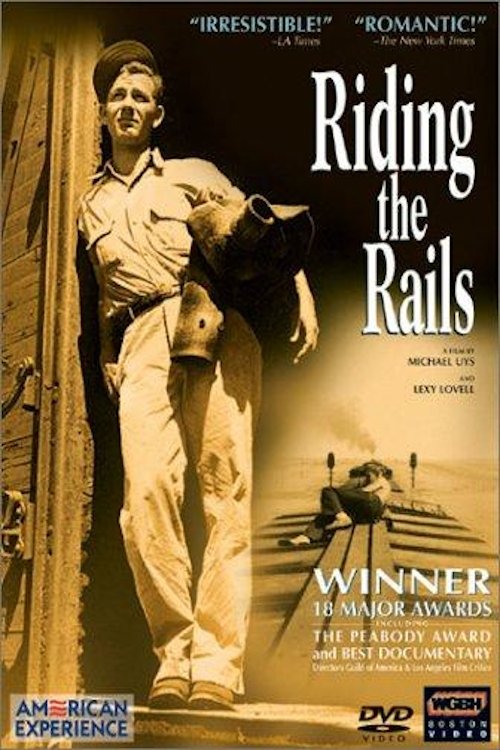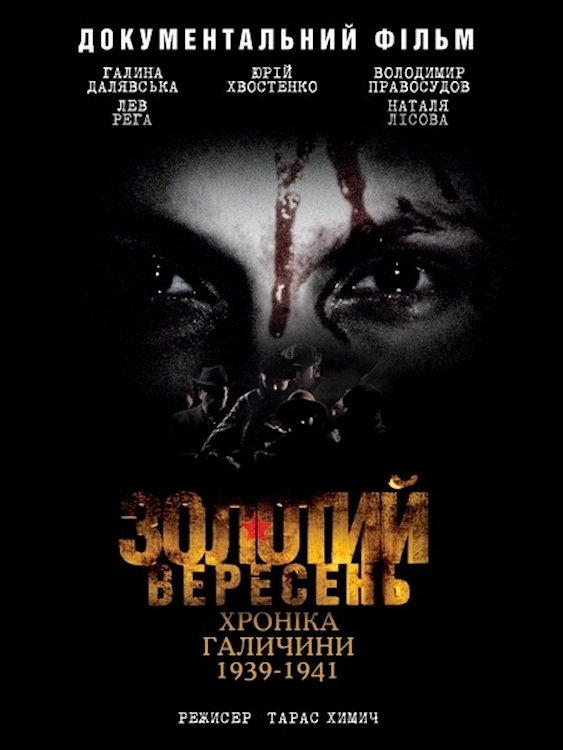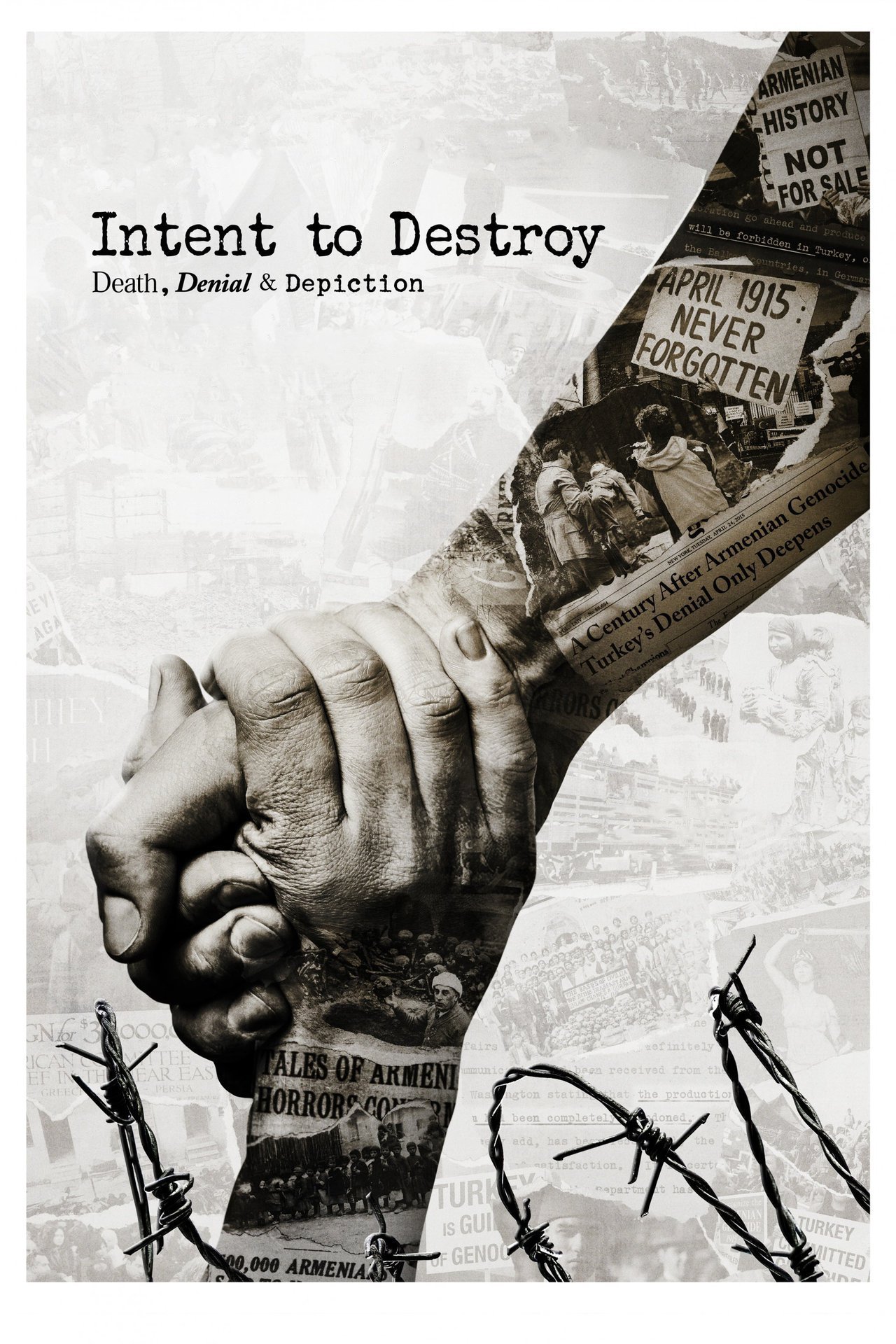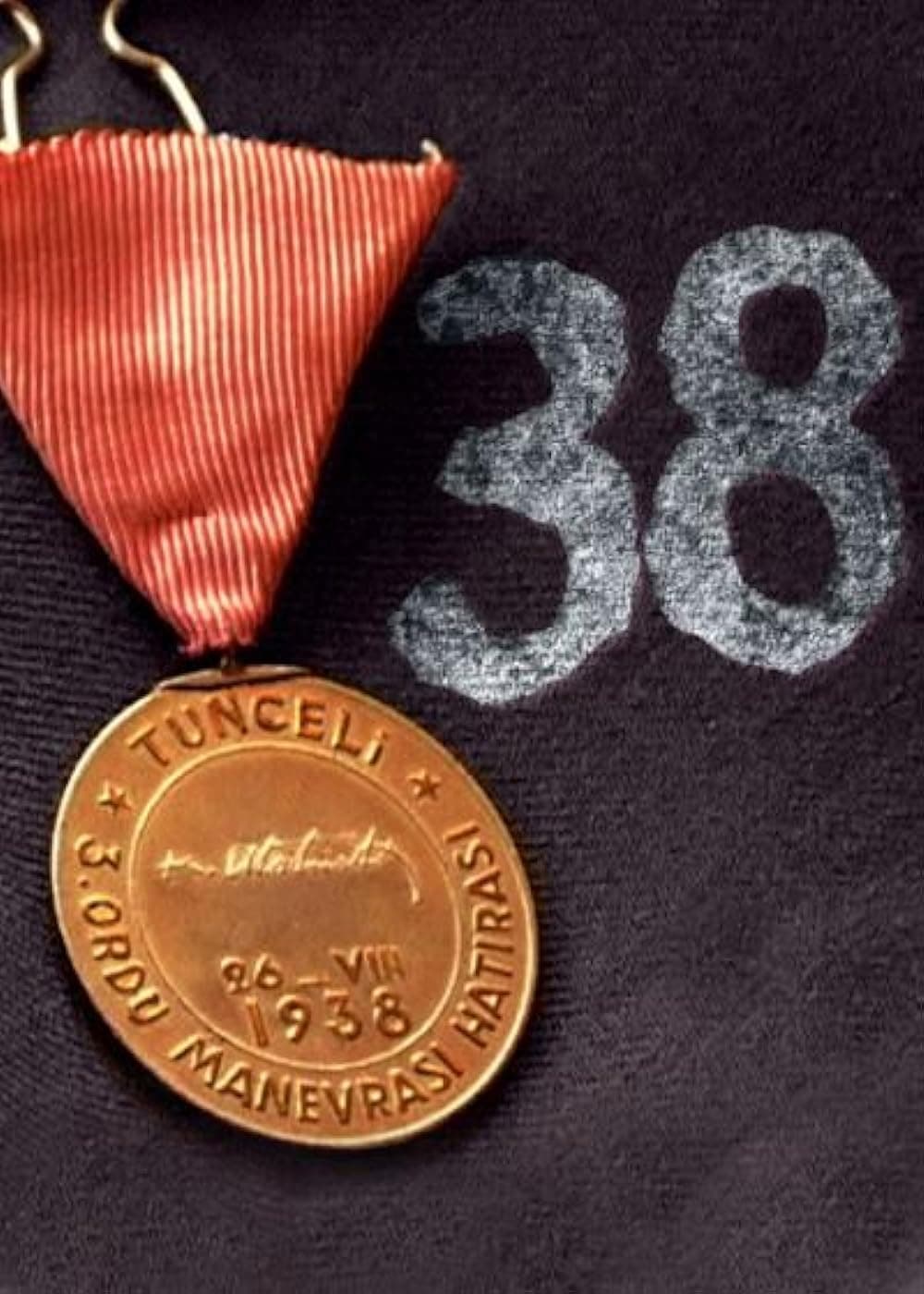
38 (2006)
Overview
Documentary on the massacres commited in the Dersim region in Turkey in 1937/38.
Production Companies
Additional Info
| Budget | $0.00 |
|---|---|
| Revenue | $0.00 |
| Original Language | tr |
| Popularity | 0.308 |
Directed By
Çayan Demirel
TOP CAST
Similar Movies
Bread and a Blanket
On December 13 of 1943 the Nazi occupation army in Greece executed all the male population of the town of Kalavryta while burning it to the ground. Three men who witnessed these events as kids remember.
The Olympic Dream: 1936 Nazi Games
Leni Riefenstahl's flamboyant Nazi aesthetics shaped the public image of the 1936 Olympics. Never before had sports and politics been mixed. Through archive photos and reconstructions, we get a closer look into the historical propaganda show.
Waltz with Bashir
An Israeli film director interviews fellow veterans of the 1982 invasion of Lebanon to reconstruct his own memories of his term of service in that conflict.
Haymatloz - Exil in der Türkei
″Haymatloz″ tells the stories of five German Jewish academics who emigrated to Turkey in the 1930s, to be welcomed with open arms. After 1933 a considerable number of German intellectuals emigrated to Turkey at the invitation of Atatürk and went on to definitively shape teaching and instruction in Turkish universities. Turkish-born filmmaker Önsöz accompanies the descendants of these German exiles and sheds light on a memorable piece of history whose meaning is still felt to this day, as these renowned Germans played a substantial role in the Europeanization of Turkey.
Burying the Past: Legacy of the Mountain Meadows Massacre
This documentary by filmmaker Brian Patrick explores the history and legacy of one of the most brutal massacres in the history of the American west. It examine the relationship between the descendants of the besieged party to the modern day Mormon church, and whether healing is a possibility.
Spell Your Name
Survivors tell the story of the Babyn Yar massacre from WWII, where some 100,000 people were massacred by German forces.
Mustafa Kemal Atatürk - From Revolutionary to Statesman.
Mustafa Kemal Atatürk was an Ottoman and Turkish army officer, revolutionary statesman, writer, and the first President of Turkey. He is credited with being the founder of the Republic of Turkey. His surname, Atatürk (meaning "Father of the Turks"), was granted to him in 1934 and forbidden to any other person by the Turkish parliament.
Landauer: Gefeiert, verbannt, vergessen
Documentary about Kurt Landauer, the long-time Jewish president of FC Bayern München, who led the club to its first German championship, was persecuted and forced out of office by the Nazis, and rebuilt the club after the war.
Besa: The Promise
A documentary exploring how Albanians, including many Muslims, helped and sheltered Jewish refugees during WWII at their own risk, and trying to help the son of an Albanian baker that housed a Jewish family for a year return some Hebrew books that the family had to leave behind.
My Life as a Turkey
Naturalist Jim Hutto's remarkable experience of being imprinted on by group of wild turkey hatchlings, and raising them to adulthood and beyond, in the remote wilderness of northern Florida.
Demirkırat: The Goverment
The spring of 1950 was also the spring of the multi-party regime in Turkey. A new 10 years, a new regime, a new government. The first test of democracy was beginning. The National Chief of the single-party period had returned to his Pink Mansion. The address of the opposition was clear now. When it comes to power... Power was shared by a tripartite trivet from the first day: DP Group in the Parliament. Celal Bayar in the Mansion and Adnan Menderes in the Prime Ministry..
Atatürk - Father of the Turks
In the documentary, the life of Mustafa Kemal Atatürk, the last period of the Ottoman Empire, the War of Independence and the developments in the first years of the Republic of Turkey are told in parallel. The documentary prepared by Michael Adams consists of recordings made by the BBC in 1970 in Çanakkale, Samsun, Amasya, Sivas and Ankara, as well as historical footage.
Demirkırat: Chief
The multi-party democratic regime that we take for granted in Turkey today is actually the product of 23 years of struggle and search. From the establishment of the Republic until 1946, three attempts were made to transition from a single party to a multi-party. The first of these was in 1924. Progressive Republican Party came up against the Republican People's Party that ruled the country. However, this period, when a new republic was built in pain, did not allow an oppositional voice to survive. The Progressive Party was closed after six months. Some of the rulers were imprisoned. Some of them were sentenced on death rows in the case of the assassination of Atatürk.The second attempt was made six months later, in 1930, with the Free Party. But the Free Party survived only 97 days.Finally, after another 16 years, the Democrat Party came in 1946 and the one-party regime became history for Turkey, never to return.
Riding the Rails
Riding the Rails offers a visionary perspective on the presumed romanticism of the road and cautionary legacy of the Great Depression. The filmmakers relay the experiences and painful recollections of these now-elderly survivors of the rails. Forced to travel more by economic necessity than the spirit of adventure, the film's subjects dispel romantic myths of a hobo existence and its corresponding veneer of freedom. Riding the Rails recounts the hoboes' trade secrets for survival and accounts of dank miseries, loneliness, imprisonment, death, and dispossession. Sixty years later, the filmmakers transport their subjects back to the tracks, where the surging impact of sound and movement resuscitates memories of a shattered adolescence and devastating rite of passage.
Intent to Destroy: Death, Denial & Depiction
INTENT TO DESTROY embeds with a historic feature production as a springboard to explore the violent history of the Armenian Genocide and legacy of Turkish suppression and denial over the past century.
Taromenani
In May 2003, around 30 women and children were murdered in the Ecuadorian jungle. The victims belonged to the Taromenani clan, an uncontacted indigenous group in Ecuador. The massacre was left in impunity and oblivion. This documentary explores the history of contact with the Huaorani decades ago, the death of Alejandro Labaka in 1987 and recent attacks on loggers in the area, to discover that these events are linked to the history of uncontacted peoples in Ecuador.
Kafr Kassem
On the eve of the Israeli attack on Egypt in 1956, Israel declares martial law in all the occupied Arab territories without any previous notice. When the villagers of Kafr Kassem returned home from the fields, they were butchered and killed in what is known today as the massacre of “Kafr Kassem”.
